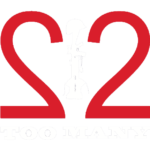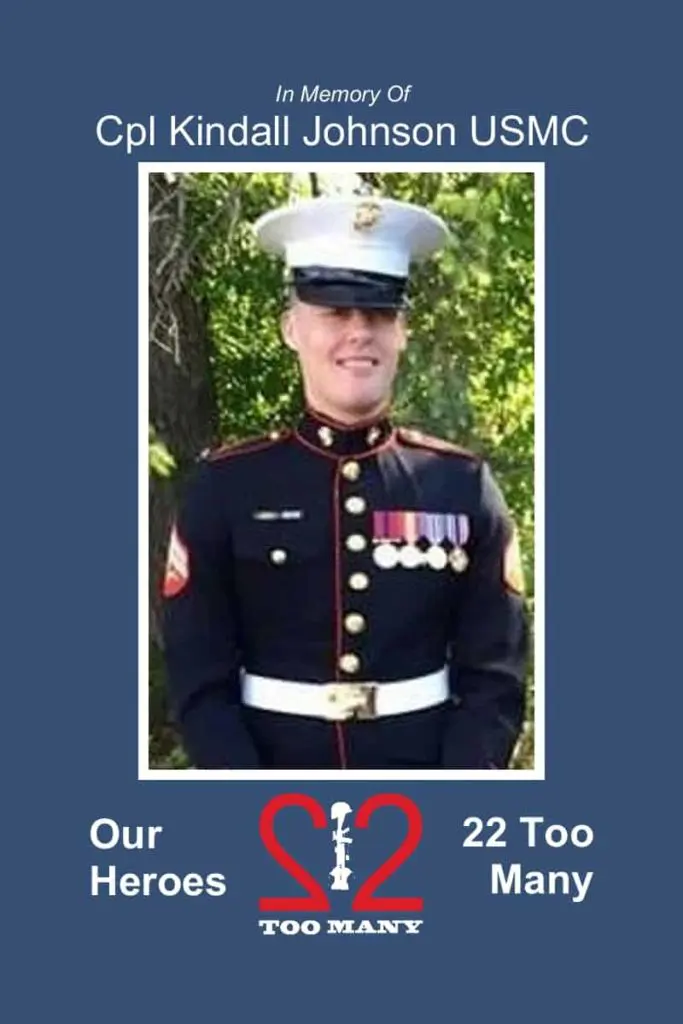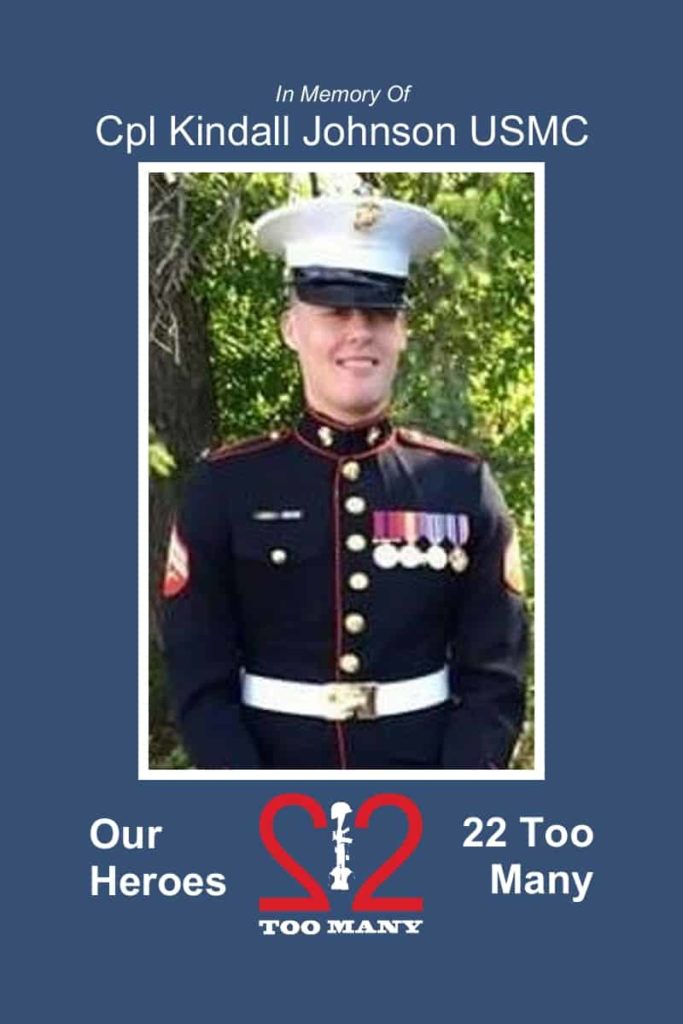My heart hurts, my eyes wet
That dreadful day, I will never forget.
I tried to run to you, to hold you, to help you,
but it was too late,
They held me back, said you had met your fate
I refused to believe
and waited with hopeful friends,
Then they told me, it was now the end.
It crushed me and your dad, and all who stood,
Such a sweet soul, but yet misunderstood.
I cry everyday now, wondering,
Wishing I could have taken your pain.
You hid it well from me, but it’s not in vain.
So when you look down on us, and see our fight,
It’s all for you and the 22 plight.
You will always be with me, my warrior,
My protector, my little boy, my pride and joy.
You always stood up for what you believed in,
as all could see.
You were a true testament to the few,
the proud, a Marine.
Peace on earth as it is in heaven.
We will change a life and make a difference.
I love you Kindall Wade….we will miss you too,
Forever…..you’ll be in my heart.
…..Mom
#be Kind2All
Facebook page in Kindall’s memory: beKIND2ALL
https://www.facebook.com/beKIND2ALL-529403963895792/?fref=ts
His birthday is Nov.10th, same as USMC, 1992. He wanted to be a doctor eventually. He started visiting the recruiting center when turned 15. That’s all he ever wanted to do: Be a Marine – since he was 6. (from his Aunt Sheila)
Hero Johnson served 3 years and 8 months in the United States Marine Corps attaining the rank of Corporal before being honorably discharged. CPL. Johnson is a recipient of the Global War on Terrorism Expeditionary Medal, Global War on Terrorism Service Medal, Good Conduct Medal, Sea Service Deployment Ribbon, National Defense Medal, one letter of Appreciation. Hero Johnson was qualified as a sharp shooter with a rifle, marksman with a pistol, and as a Green Belt Marine Corps Martial Arts.
The suicide this weekend of a 22-year-old military veteran brought home to Springfield a statistic that has caused alarm nationwide.
Twenty-two veterans commit suicide every day, a 2013 Department of Veterans Affairs study found.
Kindall Johnson, a Missouri State University student fresh out of the Marines, joined their ranks when he killed himself Saturday afternoon while parked in a car near the Springfield police station on Chestnut Expressway.
A vigil held on Thursday night gave friends and family of Johnson an opportunity to remember and honor him.
“Our hearts are broken and our minds are boggled,” said Blake Shepheard, who was in the fraternity Delta Sigma Phi with Johnson. He urged those attending the vigil to seek support from those around them — whether that meant counselors, friends or simply a stranger in the crowd.
The quiet young man who grew up in Willard struggled with his return to civilian life and was reluctant to seek help, said his longtime friend and pastor, Jeffrey Chavez.
“He would never admit he had (post-traumatic stress disorder),” said Chavez, the senior pastor at The Catalyst Church, who knew Johnson since he was in the eighth grade.
Like Johnson, many veterans struggle to admit they have PTSD and often don’t seek out help, said Dennis Peters, Ozarks Technical Community Veterans Student Services representative.
“It’s really hard for veterans when they have exchanged bullets and done what they’ve done — to ask for help,” Peters said. Peters’ son, Sgt. Joseph Peters, was killed in 2013 when his unit was attacked in Afghanistan.
Johnson left the Marines earlier this year. He enrolled at MSU and was pursuing a degree in biochemistry. But he struggled with school, finding the rhythm of college life frustrating, Chavez said.
Johnson would often spend time with Chavez, he said, because the pastor had served in the Gulf War and he too suffered from PTSD. Chavez said he prodded Johnson to seek out help, but his young friend would become frustrated with the therapists provided by Veterans Affairs.
In recent months, however, Johnson began to see a therapist who made him feel comfortable and it appeared he was making progress, although he still had ups and downs, Chavez said.
On Saturday, Chavez received long text messages from Johnson. In the texts, Johnson thanked Chavez for his friendship and told him not to blame himself for what Johnson would do.
“I think it was just an impulsive reaction,” Chavez said Thursday, referring to the suicide.
Peters said many veterans come from small towns or households where they were expected to be stoic and tough, which makes it all the more difficult to seek help or see a therapist. Additionally, PTSD can make them seek isolation, which can make it harder to cope, Peters said.
While services are often available to veterans, more outreach is needed because of the difficulty many have with seeking out help, Peters said.
“As a society we need to find even better ways to (get help to veterans). And I don’t know how to make it easier,” Peters said.
During the vigil, friends remembered Johnson’s kindness and his penchant for giving others nicknames.
Kyle Reynolds, national chaplain for Delta Sigma Phi, asked everyone to turn and look at the people near them. “We are people moved by Kindall and the way he chose to live his life.”
Reynolds also emphasized that those who knew Johnson shouldn’t blame themselves.
“There probably wasn’t one more conversation, one more sign, one more doctor that could have stopped this,” Reynolds said.
Stigmas associated with PTSD are a big part of the problem, said Debora S. Biggs, executive director of National Alliance on Mental Illness of Southwest Missouri.
Sadly, veterans often feel like they are going to be blamed for their PTSD, Biggs said. She said changing people’s attitudes about PTSD and increasing their understanding of the disease will help reduce the stigma.
With the suicide, Chavez fears Johnson will be thought of something other than what he was: a kind young man who served his country.


